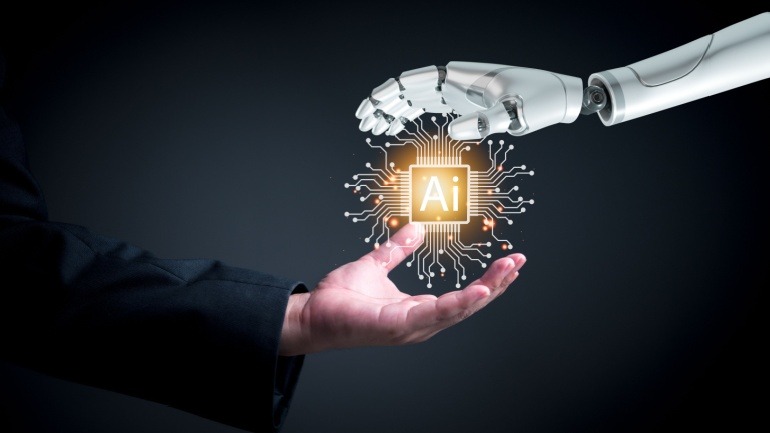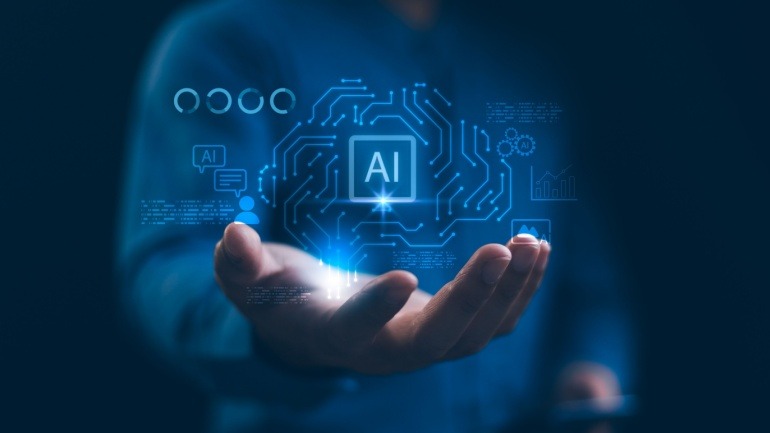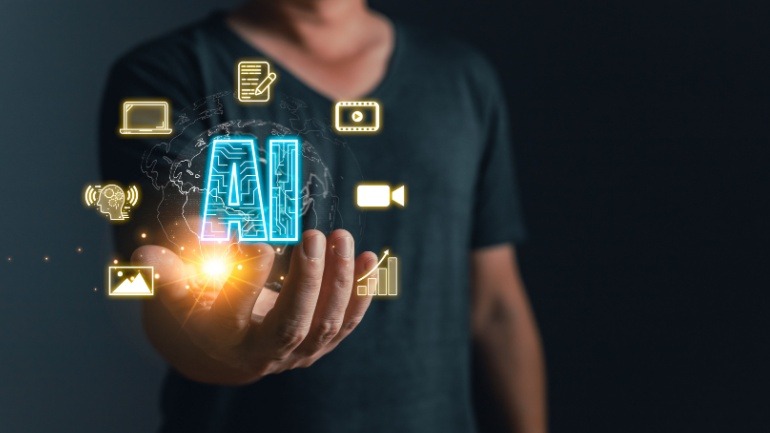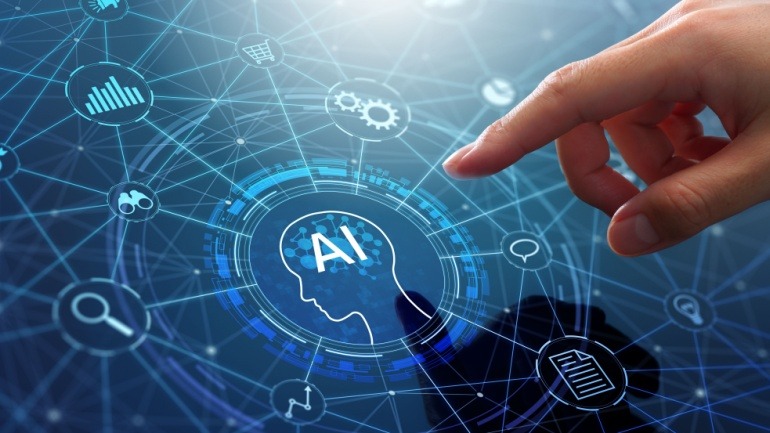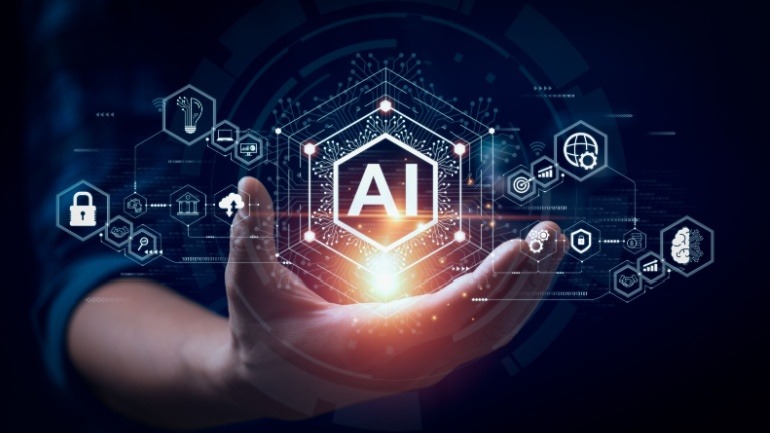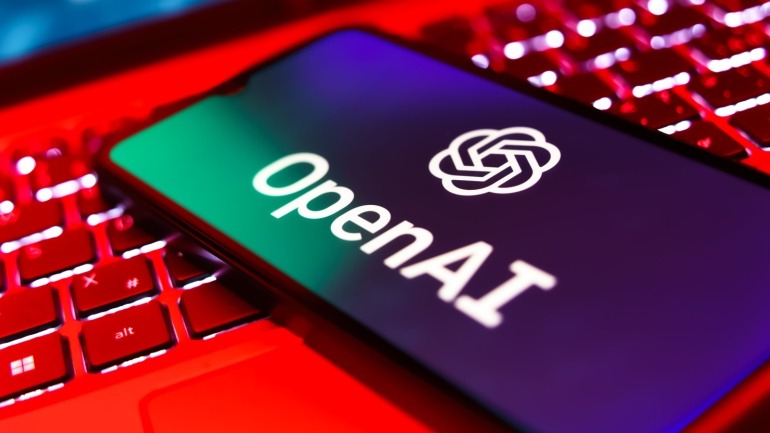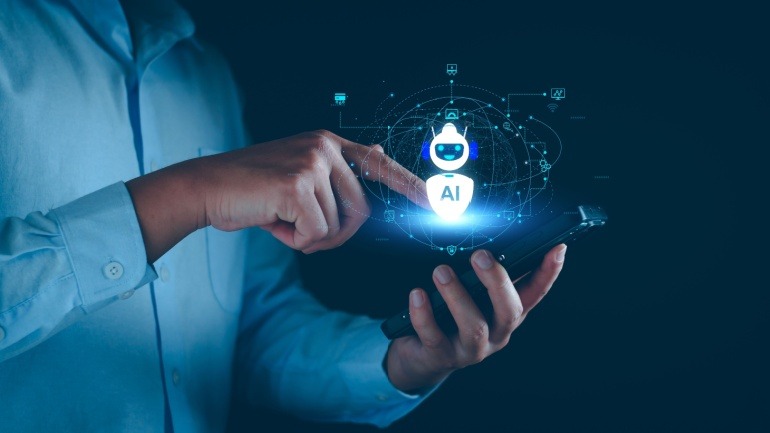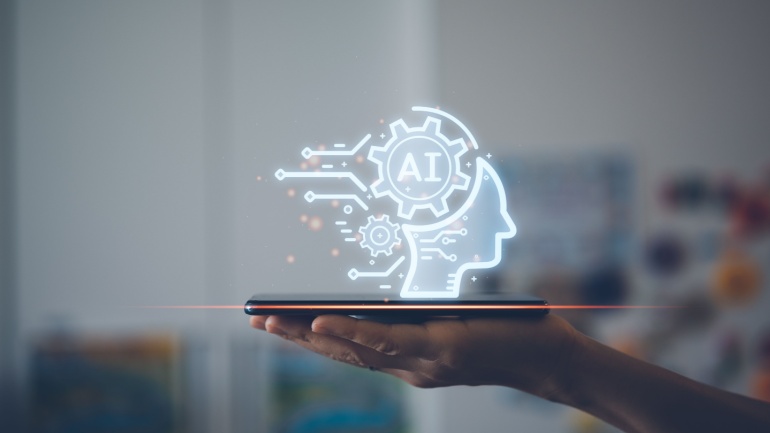Oracle has unveiled a $30 billion annual deal with OpenAI, fueling a major expansion in global data centers. With soaring demand and massive investment, Oracle expects rapid growth in cloud infrastructure, aiming to become a global leader in cloud services.
OpenAI is advancing AI infrastructure in India through its ‘OpenAI for Countries’ initiative, aiming to enhance regional capabilities. Collaborating with Indian officials and the Ministry of Electronics and Information Technology, OpenAI seeks to replicate success achieved in the UAE.
OpenAI is scaling its Stargate project globally through “OpenAI for Countries,” offering AI infrastructure partnerships to governments. With support from SoftBank and Oracle, the initiative aims to build localized data centers and services, supporting data sovereignty and economic growth.
OpenAI and SoftBank are eyeing the U.K. for their ambitious Stargate project, aiming to supercharge global AI infrastructure. Backed by major investment and government support, the U.K.’s advanced ecosystem and strategic planning position it as a frontrunner in this transformative AI expansion.
CoreWeave’s strategic partnership with OpenAI marks a pivotal moment in AI infrastructure. By enhancing OpenAI’s compute capacity, CoreWeave bolsters model training and deployment, echoing its commitment to cutting-edge AI solutions.
OpenAI is reducing its Microsoft dependency by partnering with SoftBank for compute needs by 2030, via the Stargate project. This switch will decrease reliance on Microsoft, with SoftBank’s $30 billion investment crucial for AI data centers.
SoftBank is investing $25 billion into OpenAI, launching SB OpenAI in Japan to deliver AI-powered enterprise solutions under the Cristal intelligence brand. Partnering with Arm for scalable AI integration, the venture targets major Japanese corporations.
Japan’s SoftBank and OpenAI are negotiating a major deal that could position SoftBank as the largest shareholder of the ChatGPT creator, surpassing Microsoft’s current stake. With a potential $15-25 billion investment, SoftBank aims to strengthen its foothold in the AI market.
T-Mobile US partners with OpenAI to launch IntentCX, a revolutionary AI-driven platform enhancing customer experience through predictive analytics and real-time issue resolution. This collaboration aims to deliver personalized, multilingual support, transforming customer interactions and setting new standards in the industry.
In an unexpected move, Microsoft and Apple have withdrawn plans to join OpenAI’s board amidst growing scrutiny over AI ethics. This decision underscores the increasing responsibilities AI companies face. Both tech giants remain deeply invested in AI, opting to prioritize their strategic projects and respond to regulatory pressures.




